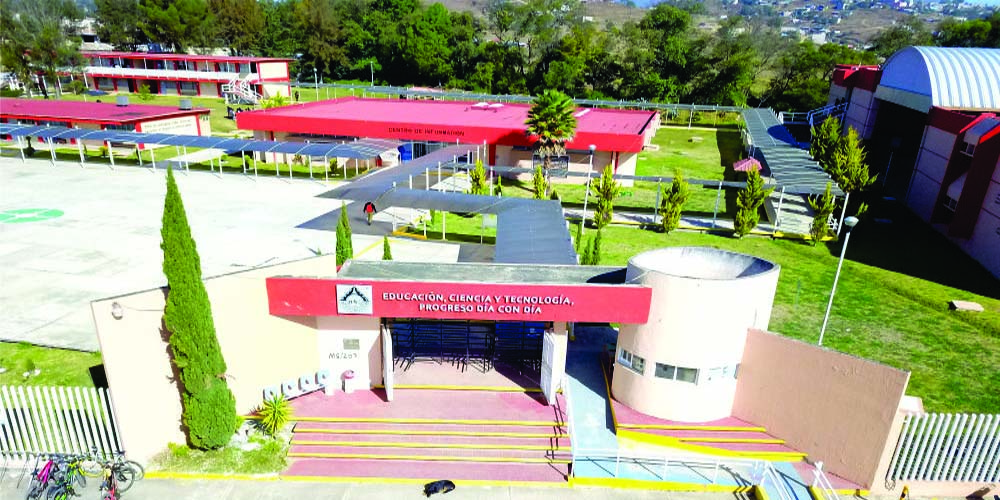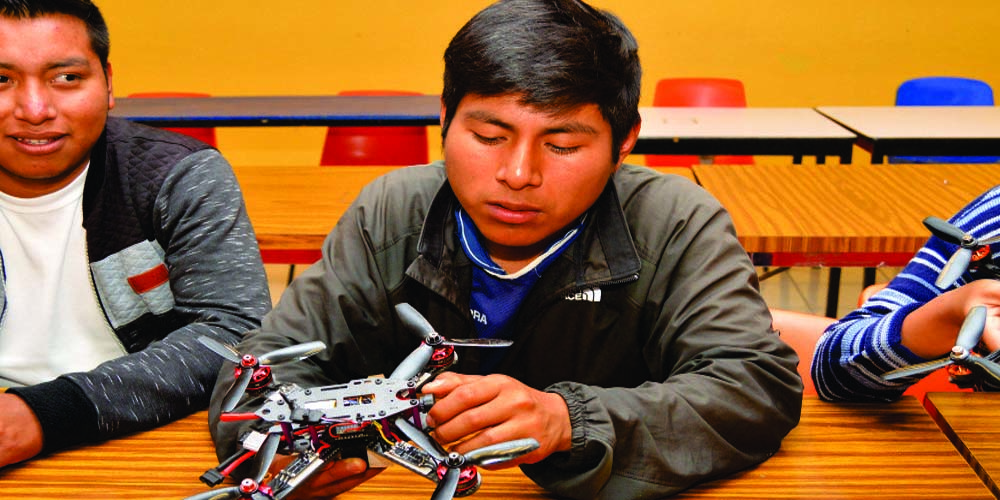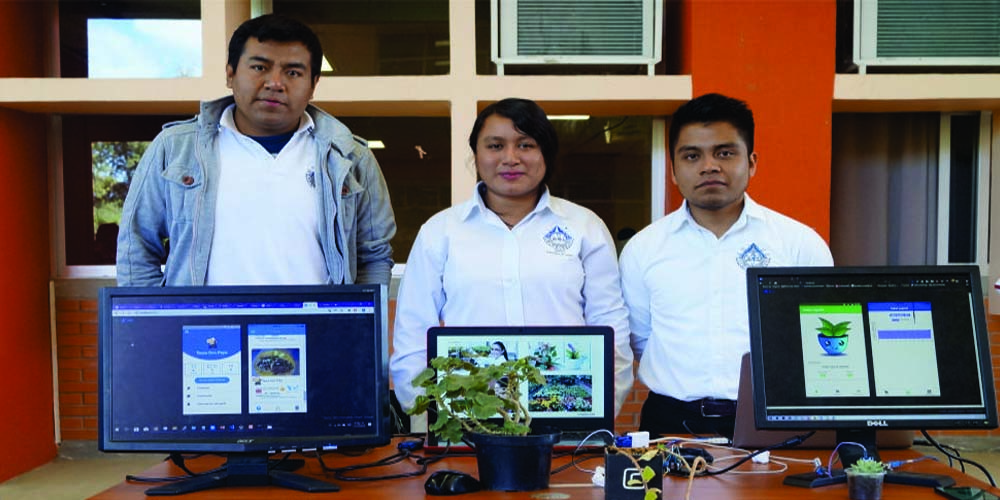Education is a journey. For many at the Technological Institute of Tlaxiaco, it’s a journey that leads them far from home. The Municipality of Tlaxiaco is a community of around 38,453 people in the Mixteca region of Mexico. For much of the mostly indigenous student population of the Institute, a bachelor’s degree in computer systems engineering can be a ticket to high-paying jobs in Mexico City, Queretaro, or Guadalajara. For some, education provides the opportunity to start their own businesses and share what they’ve learned with their community.
“IT consulting careers help people not only make money for their families, but develop professional experience that they can bring home with them after college,” says José Alfredo Román Cruz, a professor at the Institute and one of the first graduates of the school’s computer systems engineering program after it was established 23 years ago.
Wherever Technological Institute of Tlaxiaco students end up, their journey begins with GitHub. Students begin by learning JavaScript by programming a Sphero robot. “I don’t want students to be in front of a computer all day,” Román Cruz says. Once they’ve learned the basics of programming, they work their way up to building and deploying apps to cloud platforms. Student projects include everything from augmented reality mobile apps to Arduino-based Internet of Things systems.

Students’ code for all these projects is managed on GitHub, which enables them to learn processes like version control and continuous integration. Students complete projects by using the EduScrum method, a version of the Scrum development methodology adapted for educational use. “With GitHub, students are building software with workflows that are used in the real world,” Román Cruz says. “We follow agile principles. We break projects down into sprints and then hold sprint retrospectives to evaluate what things went right and wrong. This allows students and teachers to have a closer relationship while managing their projects and evaluating their work.”
It was this focus on real workplace skills that first led him to embrace GitHub as an educational tool. “I realized GitHub was more than just a tool for version control, but a project management system,” he explains. “It helps students get acquainted with industry best practices like wikis, Kanban boards, and CI/CD.” Equally important is that GitHub gives students access to the world of software development outside of the Institute. “They can interact with people from other parts of the world, and discover open source code they can use in their own projects,” Román Cruz says.
I realized GitHub was more than just a tool for version control, but a project management system. It helps students get acquainted with industry best practices like wikis, Kanban boards, and CI/CD.
It’s definitely good practice for the real world. “Students learn to collaborate and cooperate, they develop their soft skills,” Román Cruz says. “I did a survey at the end of the semester and more than 70% of the students indicated that working on projects through GitHub improved their technical and leadership skills.”

GitHub also provides students with a way to share the work they’ve done. “Students are building a portfolio of projects on GitHub that they can show to employers,” Román Cruz says. But it doesn’t feel like work: “They feel like they’re learning through play,” he says.
Román Cruz first discovered GitHub Education in 2019 while looking for hosting solutions for student projects. Román Cruz’s students already used GitHub to manage their code, but he noticed that GitHub Education’s Student Developer Pack included tools and services like Bootstrap Studio for visual design and Heroku for hosting—yet another way for students to learn skills they may one day use in the workplace.
The Institute started using GitHub Education in 2020, just in time for the COVID-19 pandemic. “GitHub was important to us during the pandemic because it enabled students to collaborate asynchronously,” he says.

Embracing hands-on learning through GitHub helped students achieve their learning goals during trying times. Many students lack reliable internet connections at home, which makes video conferencing difficult. With GitHub, students can work on their assignments from home and then upload their code when they have internet access. Conversations can happen asynchronously through issues, pull requests, and wikis, lessening or eliminating the need for real-time conversations. “GitHub became a safety net for students,” Román Cruz says. “It became a way to stay in touch with their peers during the pandemic. If someone was late with an assignment or we hadn’t heard from them in a while, we could check to see if they needed help and support.”
Splitting big projects into smaller ones distributed over the entire semester, instead of one big project due at the end, helps students develop real-world project management skills and ensures they stay on track throughout the course. “Students are already stressed out at the end of the semester with tests for other classes,” Román Cruz says. “Distributing the workload takes pressure off of them so they can focus on learning.”
That approach results in an incredibly high success rate for the class. “The number of students failing the class is almost null,” he says. “They work hard and they’re super motivated to keep on learning since they are learning workflows that they will actually use in the industry. GitHub Education helps them learn these new technologies.”
 GitHub Enterprise
GitHub Enterprise



